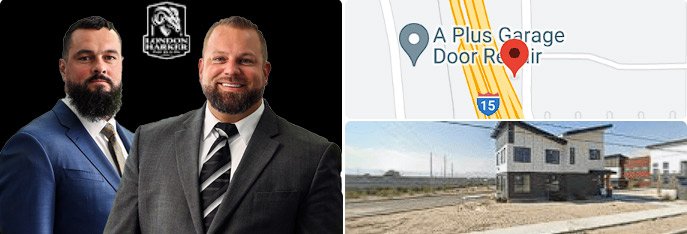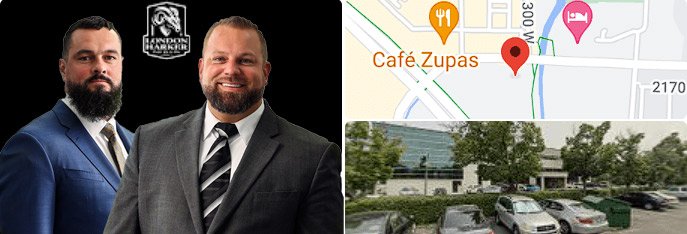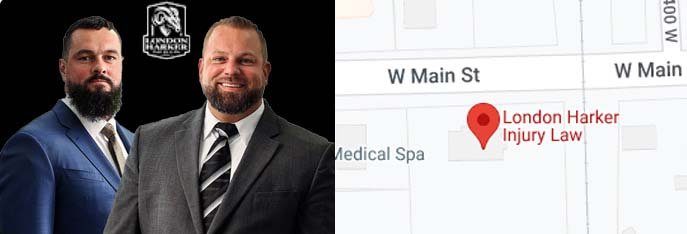Posted on Sunday, September 1st, 2024 at 9:00 am
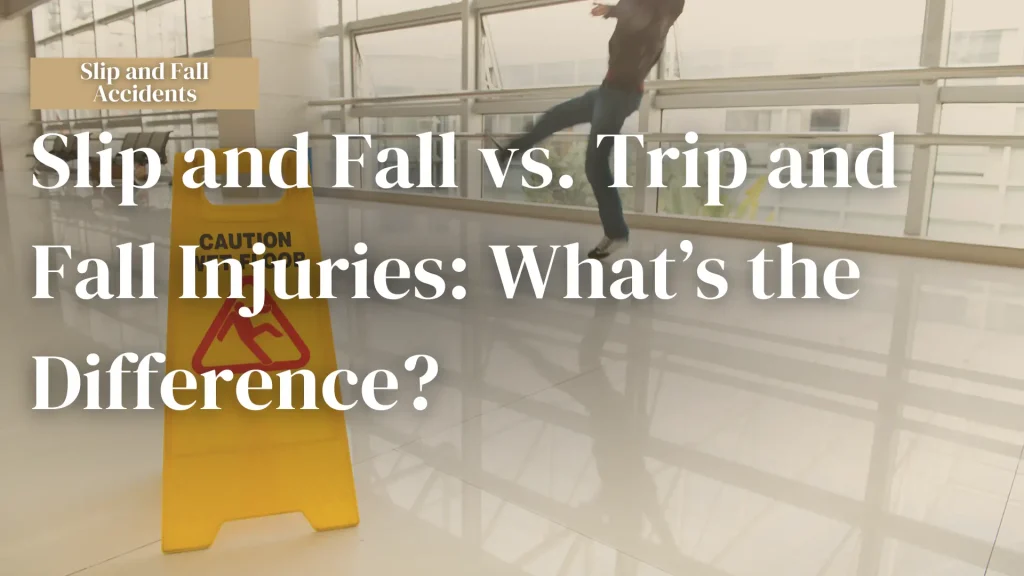
Slips, trips, and falls are some of the most common accidents that result in injury. These incidents may seem similar, but understanding the differences between slip and fall vs. trip and fall injuries can impact your personal injury claim.
How these accidents happen, and their associated injuries are slightly different. Claiming you slipped and fell when you actually tripped and fell may appear like a minor distinction. However, an experienced defense attorney will jump on that inconsistency and attempt to use it against you.
What Are Slip, Trip, and Fall Accidents?
Slip, trip, and fall accidents occur when an individual loses their balance, leading to a fall that can result in various injuries. The key difference between slipping and tripping lies in how the fall happened:
- Slip and Fall – This type of accident happens when a person loses traction on a surface. This is often due to a slippery substance on the ground, like water or ice. Their foot slides out from under their body, typically causing them to fall backward.
- Trip and Fall – This type of accident happens when an object or uneven surface catches a person’s foot, causing them to stumble and typically fall forward.
Both types of falls can lead to serious injuries, but the nature and severity of the injuries often depend on how the fall occurred.
Common Slip and Fall Injuries
Slip and fall accidents usually result in injuries to the head, spine, and lower body due to the backward motion of the fall. Some of the most common injuries from this type of fall include:
- Hip Fractures – While particularly common in older adults, hip fractures can be severe for anyone. This type of injury often requires surgery or long-term rehabilitation. These injuries happen when falling on your side or rear, causing your hips and pelvis to take the brunt of the impact.
- Back and Spinal Injuries – Slipping can injure your back and spine in two ways. The first is the impact of your spine on the ground, and the second is that slipping can cause your body to twist unnaturally. These injuries can include herniated discs, spinal fractures, and chronic back pain.
- Head Injuries – Falling backward increases the risk of hitting your head on the ground, potentially causing concussions, traumatic brain injuries, or skull fractures.
- Ankle and Knee Injuries – Slipping can twist your ankle or knee, causing muscle and ligament strains or tears that may require surgery or rehabilitation.
Common Trip and Fall Injuries
Trip and fall accidents tend to result in injuries to the upper body due to the person typically falling forward. Some of the most common trip and fall injuries include:
- Facial Injuries – Falling forward can lead to injuries to the face, such as a broken nose, dental damage, facial lacerations, or facial bruising. Facial injuries can result in additional emotional suffering, which could affect your compensation.
- Shoulder Injuries – The impact of landing on an outstretched arm can cause shoulder dislocations or fractures. Pulling and tearing muscles connected to the shoulder may also require rehabilitation.
- Hand and Wrist Injuries – The most common trip and fall injuries involve the hands and wrists, as people instinctively reach out to catch themselves or brace their fall. Wrists can suffer breaks, fractures, and sprains, while hands typically suffer lacerations from the ground.
- Knee and Leg Injuries – While most trip and fall injuries affect the upper body, tripping can also cause knee and leg injuries. The object you tripped over may have been shin-height, injuring your leg, or your knee may strike the ground as you fall forward after tripping.
The Importance of Keeping Your Story Consistent
When pursuing a trip, slip, and fall lawsuit, it’s crucial that you keep your account of the incident consistent. It should be consistent with both your previous accounts and the physical and medical evidence.
If you first claimed that you slipped and then claimed that you tripped, the defense attorney could attempt to poke holes in your testimony. Or if you claimed that you tripped, but your injuries are to the back of your head, they may question the events that took place.
When recounting your testimony, you should keep the following in mind:
- Physical Evidence – There may be accident scene photographs that show the conditions in which your injury occurred. They may show the object or uneven surface you tripped on or the puddle you slipped in. Make sure your testimony lines up with this evidence.
- Medical Record – Your medical record will detail your injuries. It’s a good idea to review this with your Utah slip and fall attorney before providing testimony about your injuries so you don’t say anything that contradicts the findings of your treating physician.
Premises Liability for Slip, Trip, and Fall Claims
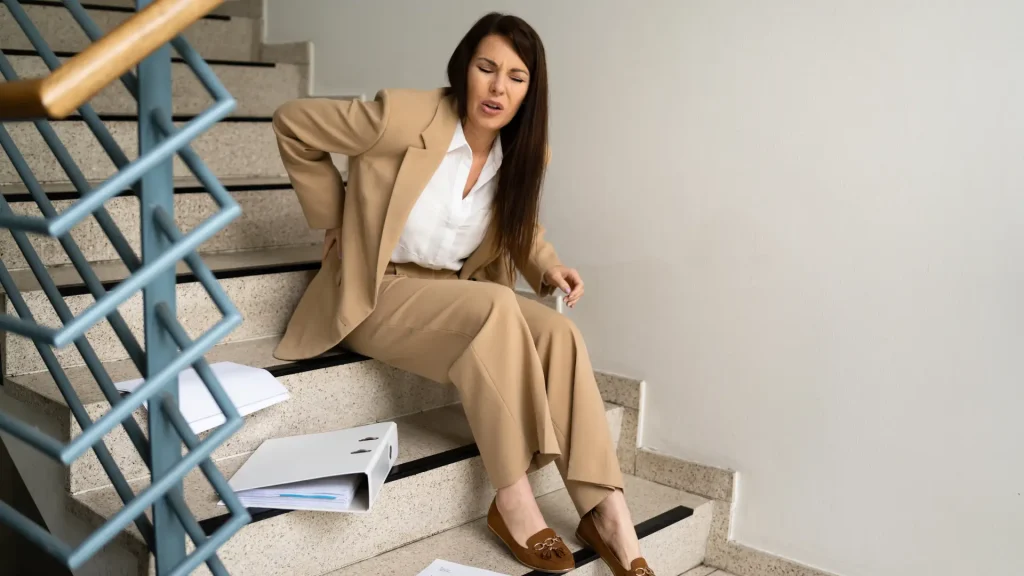 If you suffer injuries in a slip, trip, and fall accident, you likely have a personal injury claim based on premises liability. Premises liability holds property owners liable for hazards on their property that cause injury.
If you suffer injuries in a slip, trip, and fall accident, you likely have a personal injury claim based on premises liability. Premises liability holds property owners liable for hazards on their property that cause injury.
In a claim relying on premises liability, you will have to show that the property owner owed you a duty of care, they breached that duty, their breach caused your injuries, and your injuries resulted in actual financial losses.
For example, let’s say you slipped and fell in a grocery store. As a customer, the store owed you a duty of care. They breached that duty by not cleaning up a known spill in the dairy aisle. When you slipped in the spill, you fell and hit your head. And because of your head injury, you now have medical bills.
Your attorney will use various types of evidence to prove that this is how the incident happened and that you deserve the compensation you’re seeking. This evidence may include photographs of the scene and your injuries, eyewitness statements, and medical records.
Contact a Utah Premises Liability Attorney Today
After a slip, trip, and fall injury in Utah, it’s vital that you speak to a personal injury as soon as possible so they can begin building your case. Contact London Harker Injury Law at 77CARCRASH for a free consultation with one of our experienced lawyers. We’ll evaluate your claim, answer your questions, and help you understand your legal options.
Related Posts:
What If I Develop Traumatic Brain Injury Symptoms Years Later?
